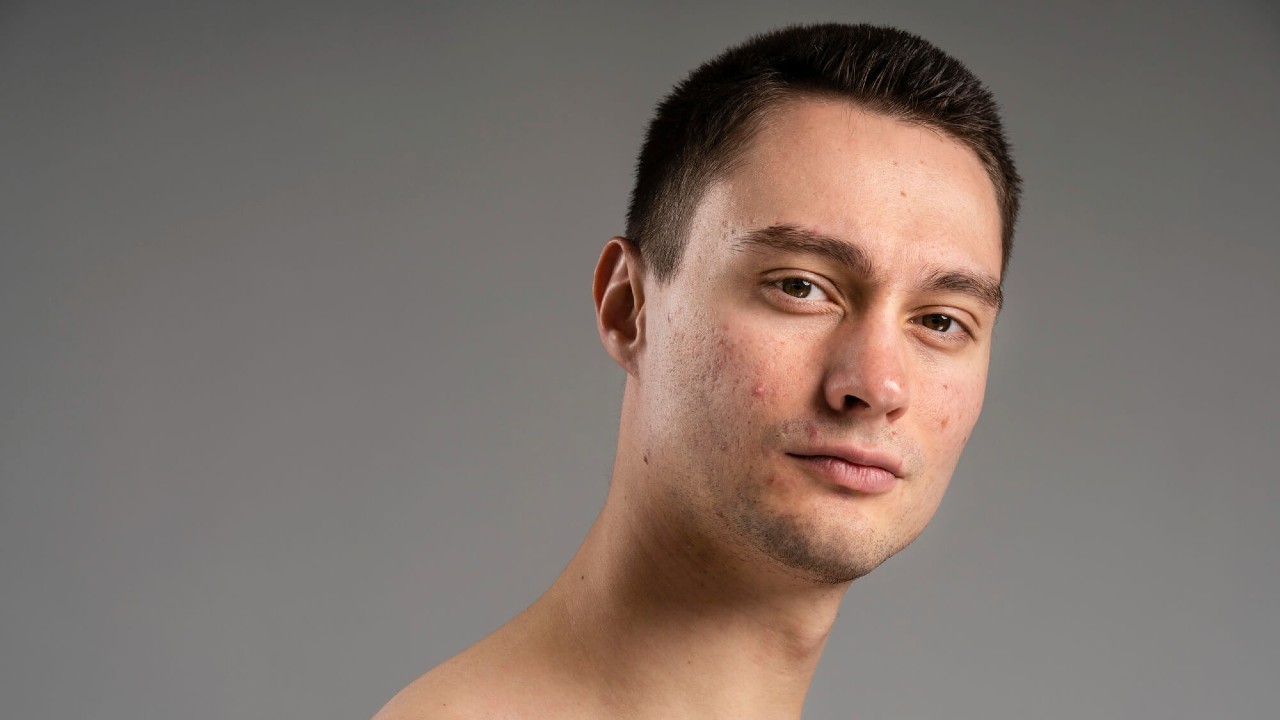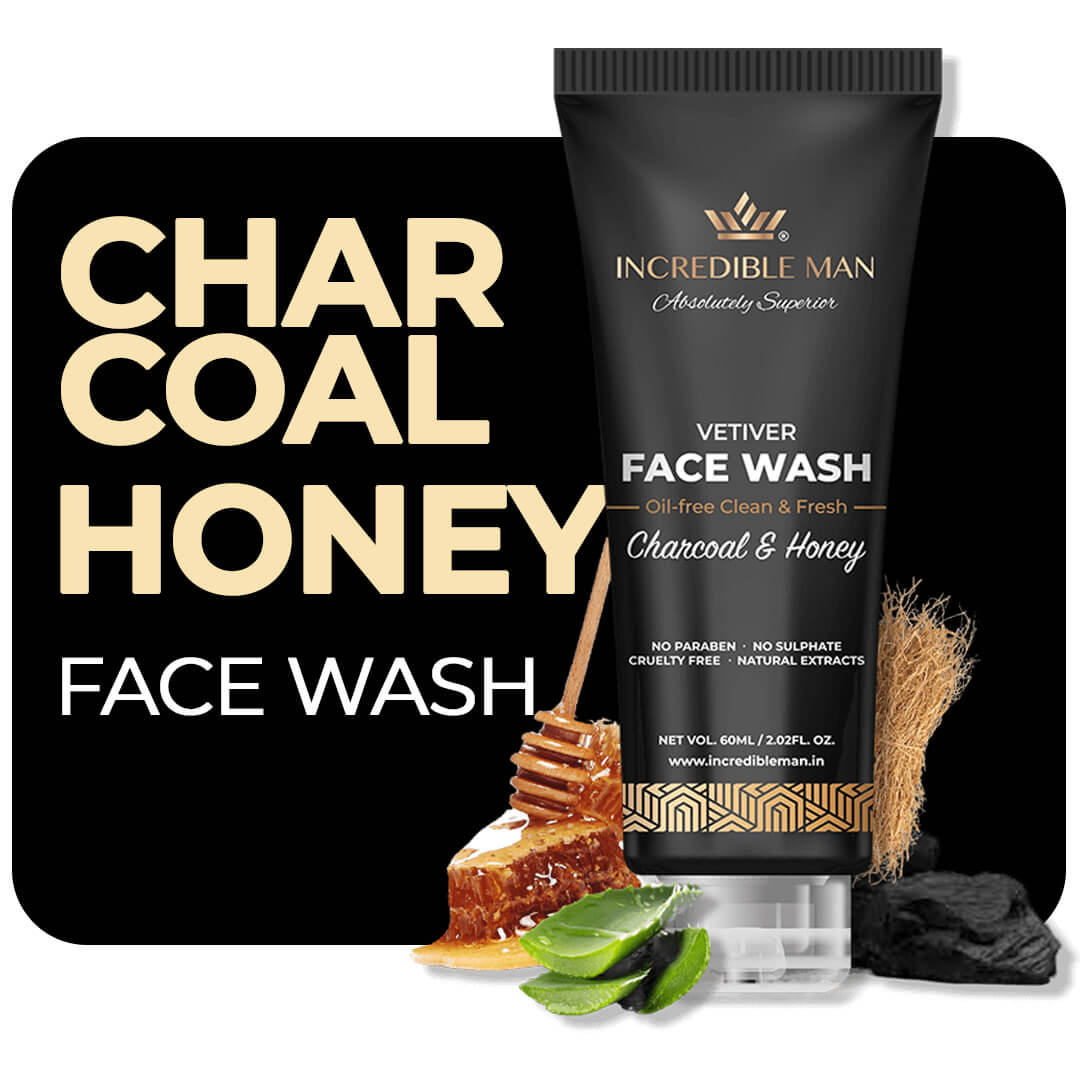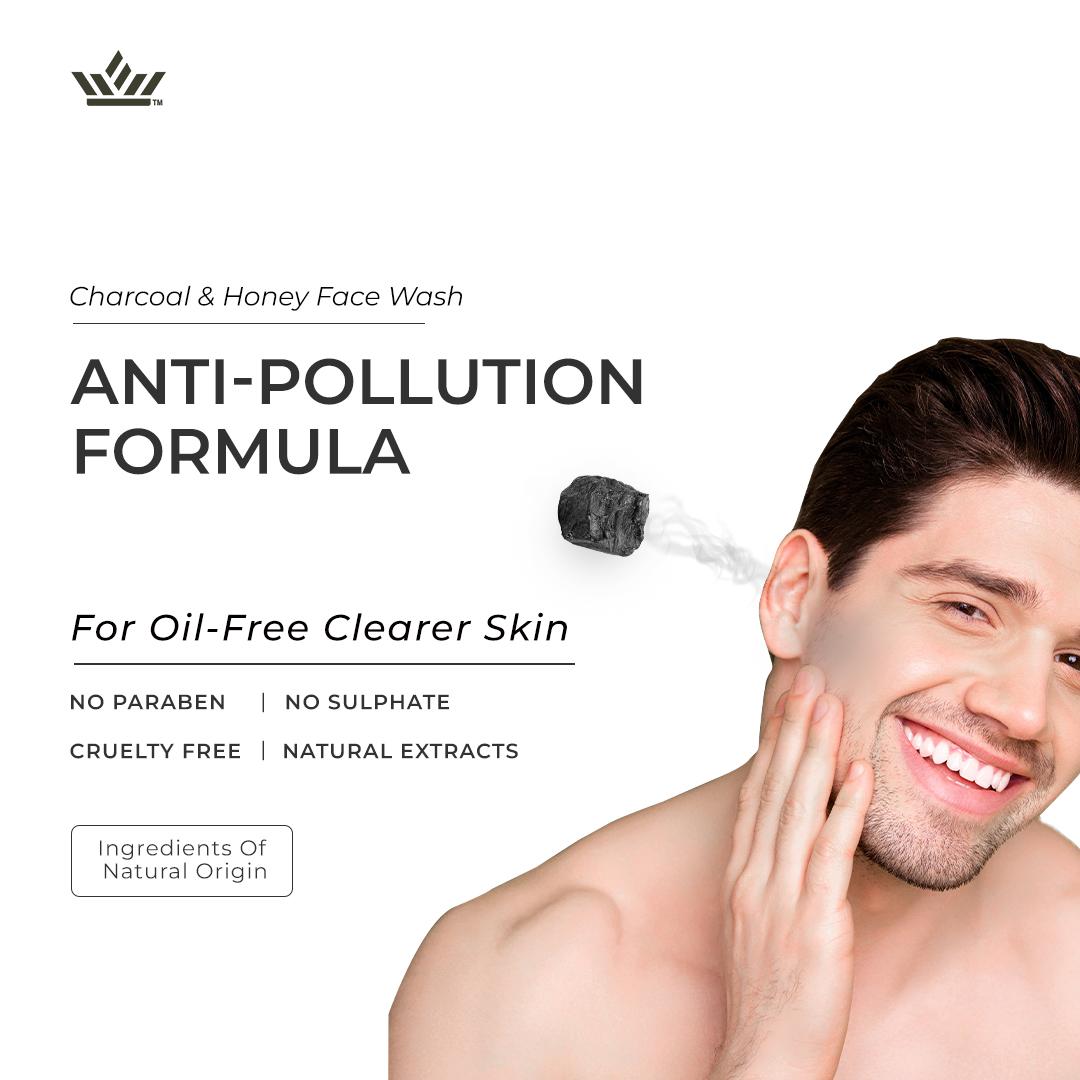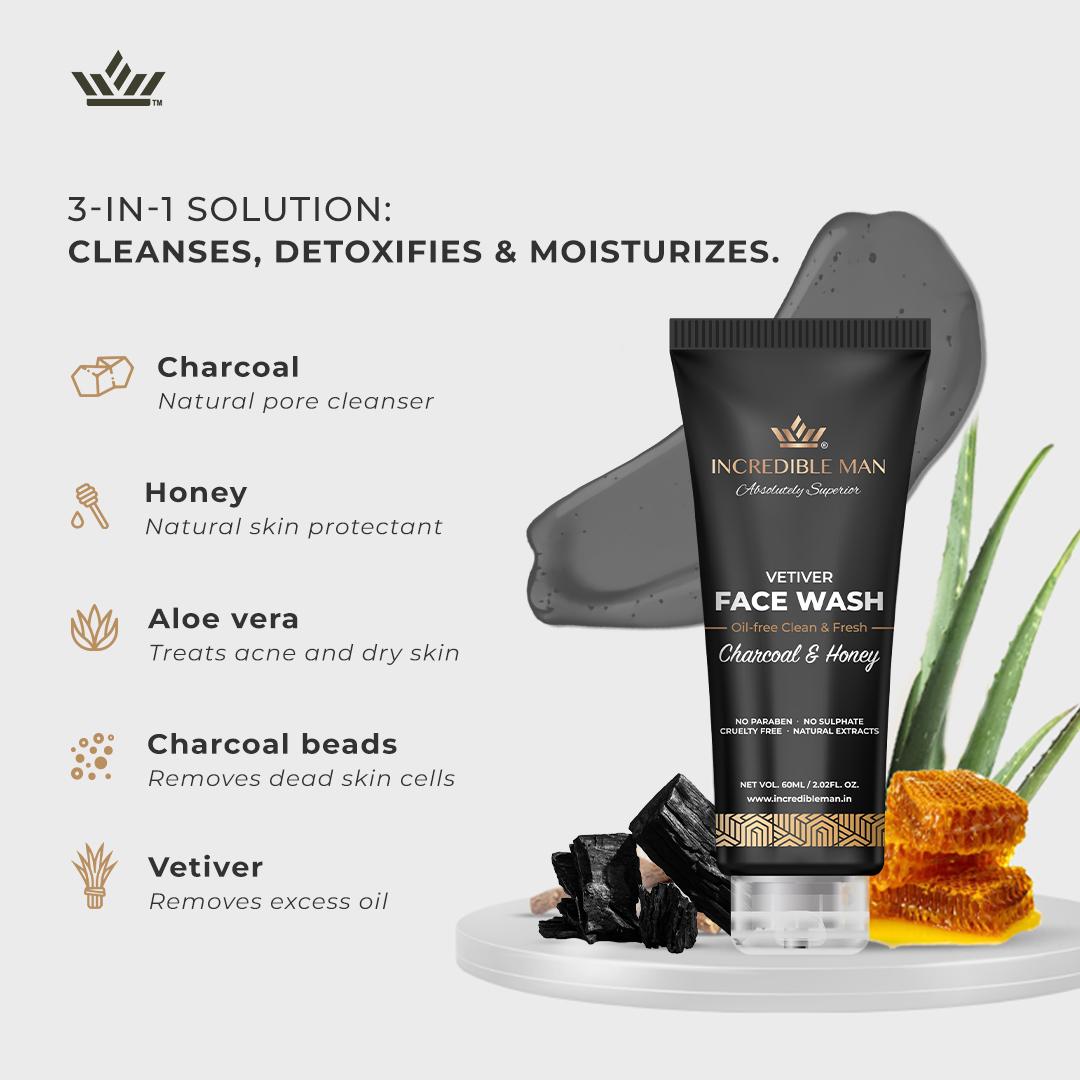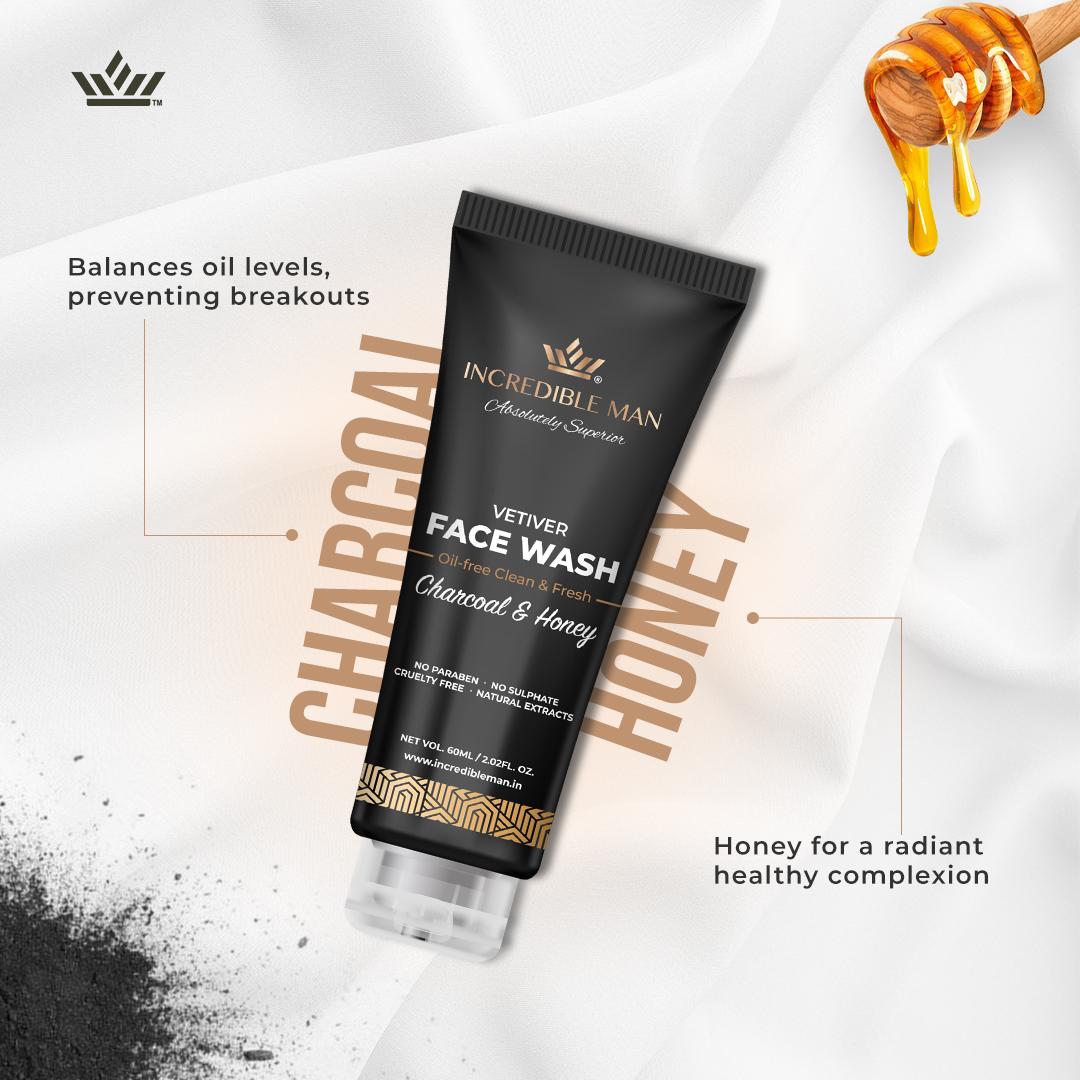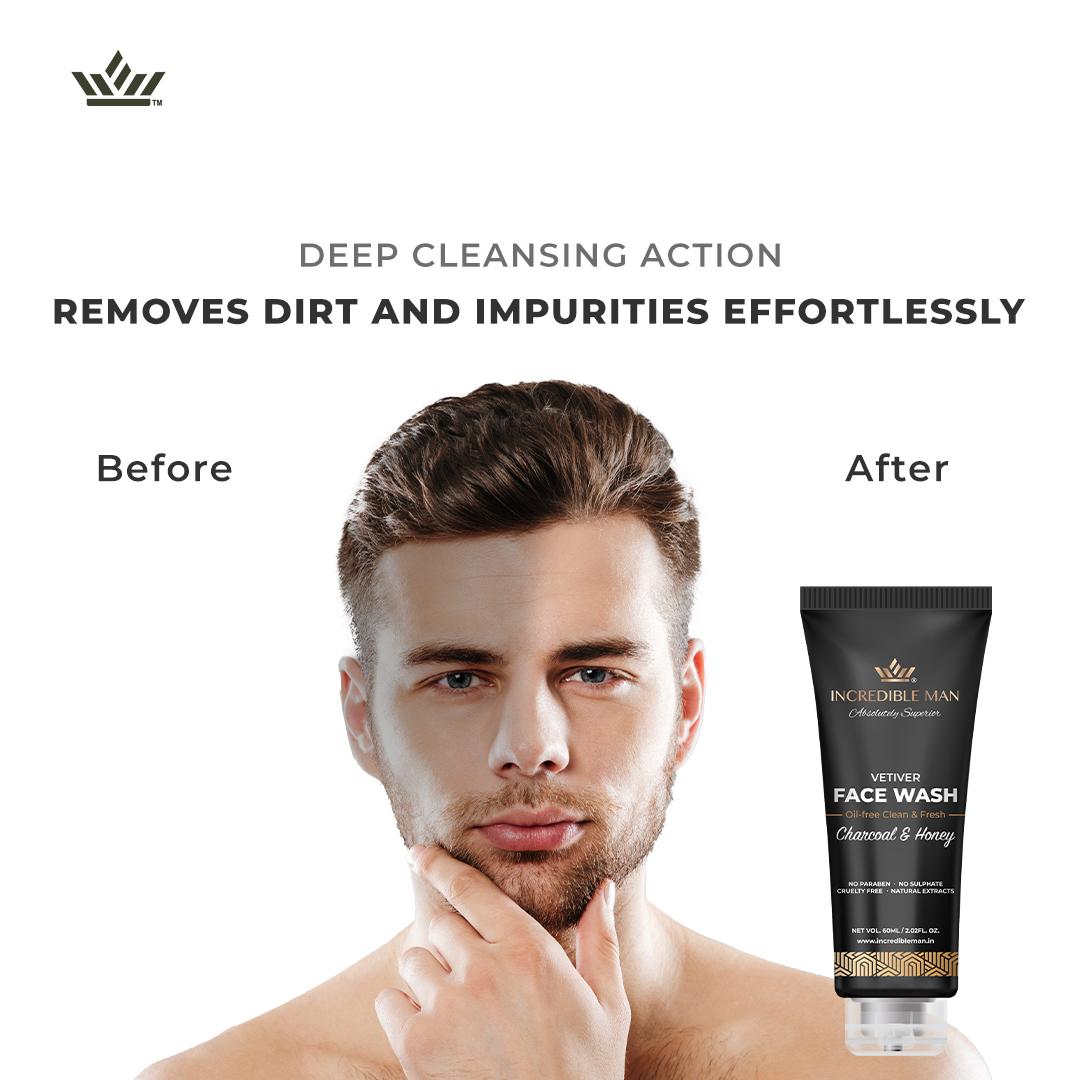One day, you might discover that blush has covered your chest, back, and ears in addition to your face. The crimson tint may gradually develop into ruptured blood vessels. Additionally, it could result in tiny pus-filled lumps. The worst happens when your first bothersome rash worsens and irritates your eyes. If your skin fits this description, you might have rosacea.
At least 16 million people in the United States alone suffer from rosacea, and 5% of people globally do as well. 1 Since you are most definitely not alone if you have rosacea, it is the first thing you should understand about it. Let’s study more about rosacea now because it’s important to take good care of your skin.
What exactly is Rosacea?
Rosacea is a persistent, frequently difficult-to-treat skin disorder that typically affects people over the age of 30 in both genders. Redness or lumps that resemble pimples can appear on the cheeks, nose, forehead, chin, or all of these areas. Rosacea will probably get worse over time without the proper care and lifestyle modifications. When Rosacea is left untreated, like other facial skin problems, it will make those who have it feel self-conscious, which will reduce their self-esteem and confidence.
What causes Rosacea?
Once more, the exact cause of this difficult-to-treat ailment is unknown, but genetics play a role because it frequently runs in families with a clear family history. Rosacea flare-ups have also been linked to particular meals. The National Rosacea Society lists some of the most typical triggers, including emotional stress, hot weather, wind, strenuous exercise, hot beverages, and alcohol intake. In people with fair complexion, it could be more noticeable.
Are there different types of Rosacea?
Yes. The most typical form of rosacea is characterized by telangiectasias, which are tiny, reddened, visible blood vessels on the face. The second most typical kind manifests on the face as red pimples and pus-filled lumps. Rosacea seldom affects the eyes, therefore you should talk to your doctor about any new or deteriorating eye symptoms. Oral antibiotics or eye drops are both effective treatments for ocular rosacea.
Is there a cure for Rosacea?
Regrettably, no. However, more is now understood about Rosacea, and there are numerous targeted therapies and measures to take to lessen the symptoms of Rosacea and support the maintenance of this illness under control.
Practices and Treatment

- Sun Protection – Sun protection is essential because rosacea symptoms are frequently brought on by sunlight exposure. In addition to triggering flushing flare-ups due to the warmth of the sun, exposure to UV radiation can also aggravate rosacea by causing changes beneath the skin. Anyone with rosacea should apply a broad-spectrum sunscreen with an SPF of at least 30 or higher. Utilizing sun protection apparel and avoiding the midday sun are also wise decisions.Because alcohol can aggravate rosacea-related skin irritation, the best sunscreen to wear while you have it is one that has a cream or lotion base.
- Prevent Triggers – Rosacea has numerous well-known triggers, however, each person may have different triggers. Avoid avoiding some of these more well-known Rosacea triggers:
-
-
- Especially red wine, alcohol
- Chocolate
- spicy foods
- hot beverages
- sweltering conditions
- Cold environments
- Trauma and stress
- Hair and skin care items (peels, dermabrasion, toners, astringents, and products containing alcohol, camphor, peppermint, fragrance, urea, sodium lauryl sulfate, menthol, lactic acid, and glycolic acid).
- a few drugs, including beta blockers, niacin, and chronic topical steroid usage Before making any modifications to your medicines, please see your doctor.
oil-control face wash that cleans deep to purify clogged pores then a charcoal face wash is a must. It helps control oil production without letting your face feel dry. Also, a formula that balances pH to slow the growth of bacteria and help prevent breakouts.
-
- Practice Self-Care – Rosacea flare-ups can be avoided by taking care of your physical and mental health as well as your skin. Here are some minor lifestyle adjustments you can make today that will have a major future impact on your skin.Try to live a life with less stress. Everybody has a different interpretation of this. Spend time with friends, go for a quick stroll, meditate, or carve yourself some time each day just for you. If you can’t manage your stress on your own, think about talking to a close friend, joining a support group, or seeing a doctor.Watch what you eat. Make wiser decisions. Don’t eat anything processed. Cook at home as often as you can, but especially steer clear of chain restaurants because the food there is more likely to have undergone extensive processing. Visit your neighborhood farmer’s market, where everything is healthy and fresh.Use a mild coffee face scrub that will eliminate your dead skin cells. As above stated once the dead skin cells are eliminated, new cells are developed, and that results in brighter skin.Sleep eases tension. Every day, go to bed and get up at the same hour. Dim or turn off any lights in your bedroom that you use for charging, nightlights, phones, televisions, or clocks while you sleep. Consider using eye shades and opaque drapes. Make sure your bedroom is quiet. Your phone should be quiet. To drown out unwanted noise, try using a fan, a white noise machine, or earplugs.Limit your daily naps and abstain from stimulants like caffeine and nicotine eight hours before going to bed. To reduce reflux symptoms, restrict alcohol consumption and avoid eating two hours before bed
- Consult a Dermatologist – Consider consulting a board-certified dermatologist if your rosacea looks out of control so they can go through your treatment choices, which may include: Medicines prescribed for Papulopustular Rosacea: The use of topical drugs including sodium sulfacetamide sulfur, azelaic acid, clindamycin, metronidazole, and ivermectin may be advised. Additionally, a modest dose of an oral antibiotic, like Doxycycline, is frequently advised.Topical drugs including Metronidazole, Clindamycin, Ivermectin, Azelaic Acid, and Sodium Sulfacetamide Sulfur may be advised for Erythema and telangiectatic type Rosacea. Doxycycline is widely used in low doses as well. Brimonidine used topically is also beneficial. For more serious disorders, oral oxymetazoline (Rhofade) is frequently prescribed. A doctor must write a prescription for these drugs.Rosacea can be effectively treated with lasers, such as the pulsed dye light laser. To get the desired reduction in redness through laser therapy, it may require numerous sessions. Although efficient, this laser does not stop the formation of new visible blood vessels, necessitating yearly touch-ups. Rosacea can potentially benefit from intense pulsed light (IPL) laser treatment.
- Consult a Dermatologist – Consider consulting a board-certified dermatologist if your rosacea looks out of control so they can go through your treatment choices, which may include: Medicines prescribed for Papulopustular Rosacea: The use of topical drugs including sodium sulfacetamide sulfur, azelaic acid, clindamycin, metronidazole, and ivermectin may be advised. Additionally, a modest dose of an oral antibiotic, like Doxycycline, is frequently advised.Topical drugs including Metronidazole, Clindamycin, Ivermectin, Azelaic Acid, and Sodium Sulfacetamide Sulfur may be advised for Erythema and telangiectatic type Rosacea. Doxycycline is widely used in low doses as well. Brimonidine used topically is also beneficial. For more serious disorders, oral oxymetazoline (Rhofade) is frequently prescribed. A doctor must write a prescription for these drugs.Rosacea can be effectively treated with lasers, such as the pulsed dye light laser. To get the desired reduction in redness through laser therapy, it may require numerous sessions. Although efficient, this laser does not stop the formation of new visible blood vessels, necessitating yearly touch-ups. Rosacea can potentially benefit from intense pulsed light (IPL) laser treatment.
Metronidazole. Antibiotic metronidazole is used to treat inflammation. It is frequently employed in the management of rosacea. Products containing metronidazole are applied to the skin’s afflicted areas once or twice a day as a cream, lotion, or gel.
Although there is no known treatment for rosacea, you can use therapies to control the redness, pimples, and other symptoms. These medications may be advised by your doctor: To reduce part of the redness, use the gel brimonidine (Mirvaso), which constricts the blood vessels in your skin.
The blood vessels can be diminished (or eliminated) by a laser or light treatment. Dermatologists may utilize laser resurfacing to remove thickened skin. Additionally, laser therapy might lessen redness. Lasers have been used to treat facial redness that is permanent or that surrounds lesions that resemble acne in a few limited trials.
